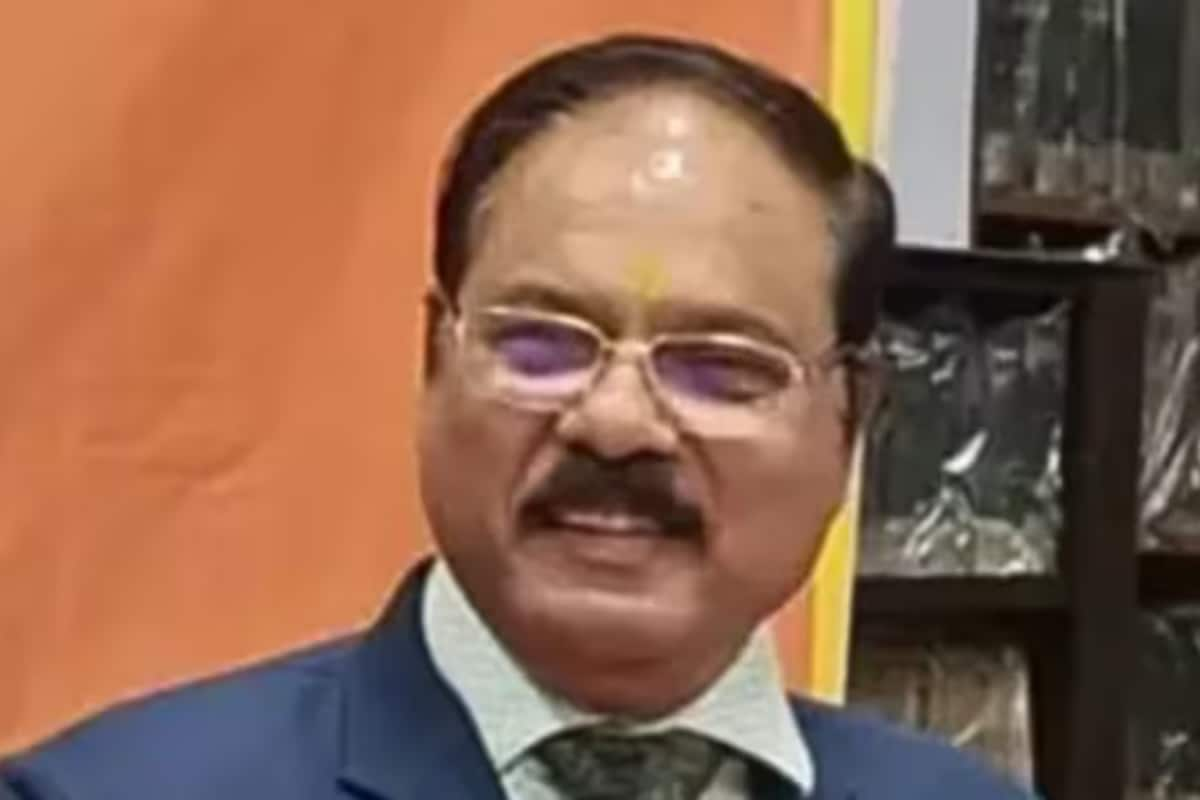

The opposition's attempt to initiate impeachment proceedings against Justice Shekhar Yadav of the Allahabad High Court is facing significant hurdles, primarily due to questions surrounding the validity of signatures on the impeachment motion. The controversy stems from a speech Justice Yadav delivered at a Vishwa Hindu Parishad (VHP) event in December of last year, where he made remarks that sparked outrage and accusations of hate speech.
To initiate impeachment proceedings against a High Court judge, the Judges Inquiry Act requires the support of at least 50 members of the Rajya Sabha or 100 members of the Lok Sabha. In this instance, a representation bearing 55 signatures from Opposition MPs was submitted to Rajya Sabha Chairman Jagdeep Dhankhar six months ago. However, the process of verifying these signatures has encountered complications.
Specifically, concerns have emerged regarding the authenticity of some signatures, with reports indicating that one member's signature appeared twice. This particular MP has reportedly denied signing the document more than once, adding further complexity to the verification process. Rajya Sabha Chairman Jagdeep Dhankhar addressed the issue on March 21, stating that two emails had been dispatched to MPs requesting signature verification. He noted the signature duplication, emphasizing the need to ensure the validity of the signatures before proceeding.
Opposition sources have attributed the duplicate signatures to misunderstandings that occurred during the signing process, explaining that three sets of representations were prepared for submission. Despite the issue of one potentially invalid signature, they maintain that enough valid signatures exist to meet the threshold for initiating impeachment proceedings.
The Rajya Sabha Secretariat is undertaking a detailed verification of all 55 signatures, following established parliamentary protocol. Sources indicate that approximately 19-21 signatures are still pending verification. It has been reported that no further action on the impeachment motion will occur until all signatures have been fully authenticated. Any discrepancies, such as duplicate signatures or errors in the motion's format, could potentially lead to its rejection on technical grounds.
The controversial speech that prompted the impeachment motion occurred at a VHP event on December 8 of last year. During the speech, Justice Yadav expressed his support for a Uniform Civil Code (UCC) and stated that India should be governed according to the will of the majority. These remarks were perceived by many as targeting the Muslim community and promoting a divisive agenda.
Following the widespread criticism of Justice Yadav's remarks, the Supreme Court initially sought a report from the Allahabad High Court's Chief Justice. However, after being informed by the Rajya Sabha Secretariat about the pending impeachment proceedings in Parliament, the Supreme Court decided against pursuing further action, as an internal inquiry should not run parallel to a statutory process.
In January 2025, Justice Yadav responded to the complaints against him, asserting that his remarks had been misrepresented and that his speech reflected societal concerns consistent with constitutional values.
The impeachment motion against Justice Yadav remains stalled due to the ongoing signature verification process. The opposition has expressed determination to clarify the motion's status and intends to raise the matter during the monsoon session of Parliament.